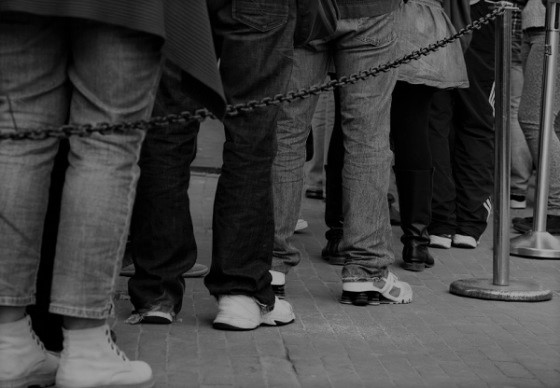Homeless – Please Help

May 2, 2017
Homelessness continues to grow in Colorado and it is becoming a problem. It is an issue that affects a wide spectrum of people – families, veterans, single adults, children, people living with disabilities, among others; and we as a society support their decision to be homeless and avoid the fact that they need help.
The word homelessness often brings two ideas to mind: one filled with complexities, and the other seemingly much more simply understood. On the one hand, the term homelessness draws our attention to a complex range of social and economic issues that create poverty and unstable housing, including limited affordable housing supply, inadequate income, health problems, mental health challenges, addictions, trauma, veteran issues, child abuse, and involvement with the justice system. On the other hand, the definition of homelessness is actually much more simple. It is about insufficient housing, poor income, and a lack of appropriate social supports.
The Colorado Right to Rest proposal
(read about it here https://coloradohomelessbillofrights.org/colorado-right-to-rest-act/)
would allow basic rights for people who are considered homeless to move freely in public spaces, including, rest, eat, occupy legal parking of a vehicle, and having the privacy of one’s property; however, this does not mean that it is the public’s responsibility to provide shelter or services for the homeless when none are available.
By passing this law, we as a society are perhaps promoting the acceptance of homelessness. It is important to distinguish the individual and personal experiences of those who lose their housing from that of homelessness as a broader societal problem. The Colorado Right to Rest is an act that shows that being homeless is okay and welcomed in our society; however, homelessness impacts society as a whole. It causes a host of other problems for the homeless individuals and for the public at large.
There is, of course, the economic impact that homelessness has on society. Maintaining homeless support services such as homeless shelters, day centers, homeless medical services and so forth, are costly services. The funding for these programs comes in the form of taxpayer dollars and private donations. Most of these programs are generally unfunded, which means that only the most basic of services can be offered. This means that many homeless are forced to seek alternate methods of getting their basic needs met. Therefore, those homeless who cannot find employment will turn to recycling or panhandling as a means of putting money in their pockets.
As the numbers of homeless who dig through garbage cans and dumpsters in search of recyclable items and as the number of homeless who panhandle increases, there are the inevitable complaints to the community’s government to do something about the homeless. This usually causes stricter laws to be enforced. Then, because of the need to enforce these laws, local law enforcement must be on the lookout for violators.
Call me simple, but it seems to me that if we truly want to reduce the numbers of homeless in our communities, the most effective way of doing so would be to help them become productive, self-sustaining members of the community. This law shows that our society is abandoning our homeless by allowing them to live on the streets in comfort. Instead of passing a law to assist them to remain homeless, we should help them attain jobs and pursuit of their own happiness.





